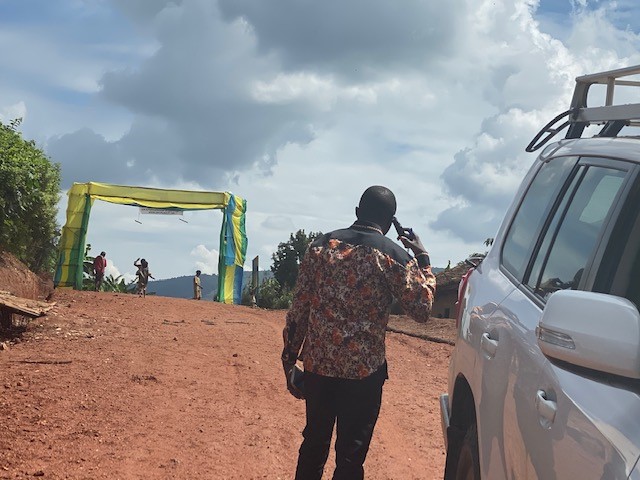Disclaimer:
Please be aware that the content herein has not been peer reviewed. It consists of personal reflections, insights, and learnings of the contributor(s). It may not be exhaustive, nor does it aim to be authoritative knowledge.
Kaburanjwiri Village recorded 100% achievement of all family performance contracts (Imihigo y’Umuryango) and 100% achievement of the Village performance contracts for the year 2018/2019 (the construction of an ECD (Early Childhood Development) Center, well-functioning “Itorero ry’Umudugudu”,well-maintained roads, construction of the Village Office, well functioning “Irondo”, the distribution of “Ikayi y’Umudugudu”) to all the inhabitants of the village. The main strategy used was house to house sensitization by the local leaders on the benefits of working together to achieve their own wellbeing.
The start of the transformational villages.


 1No poverty
1No poverty
Comments
Log in to add a comment or reply.